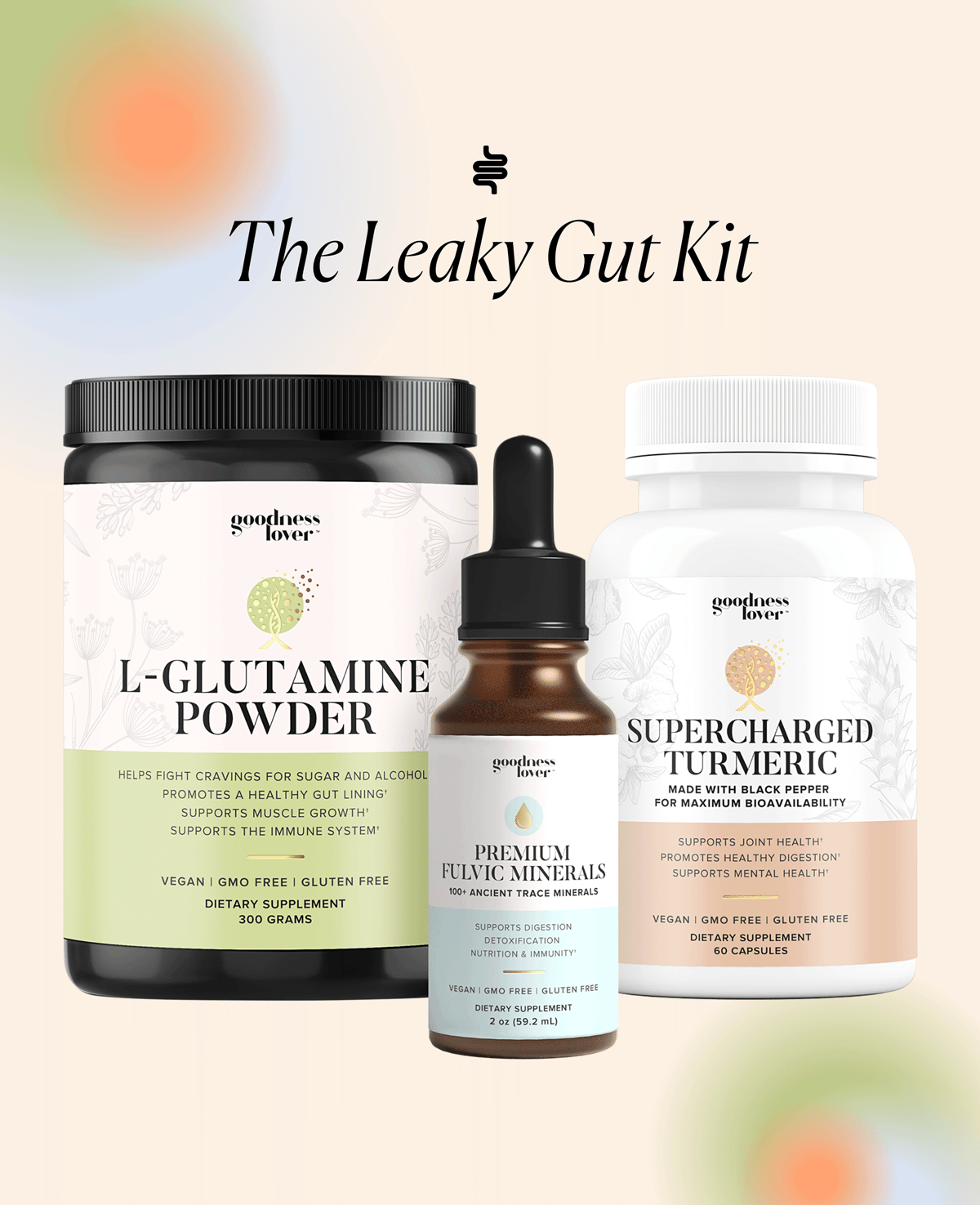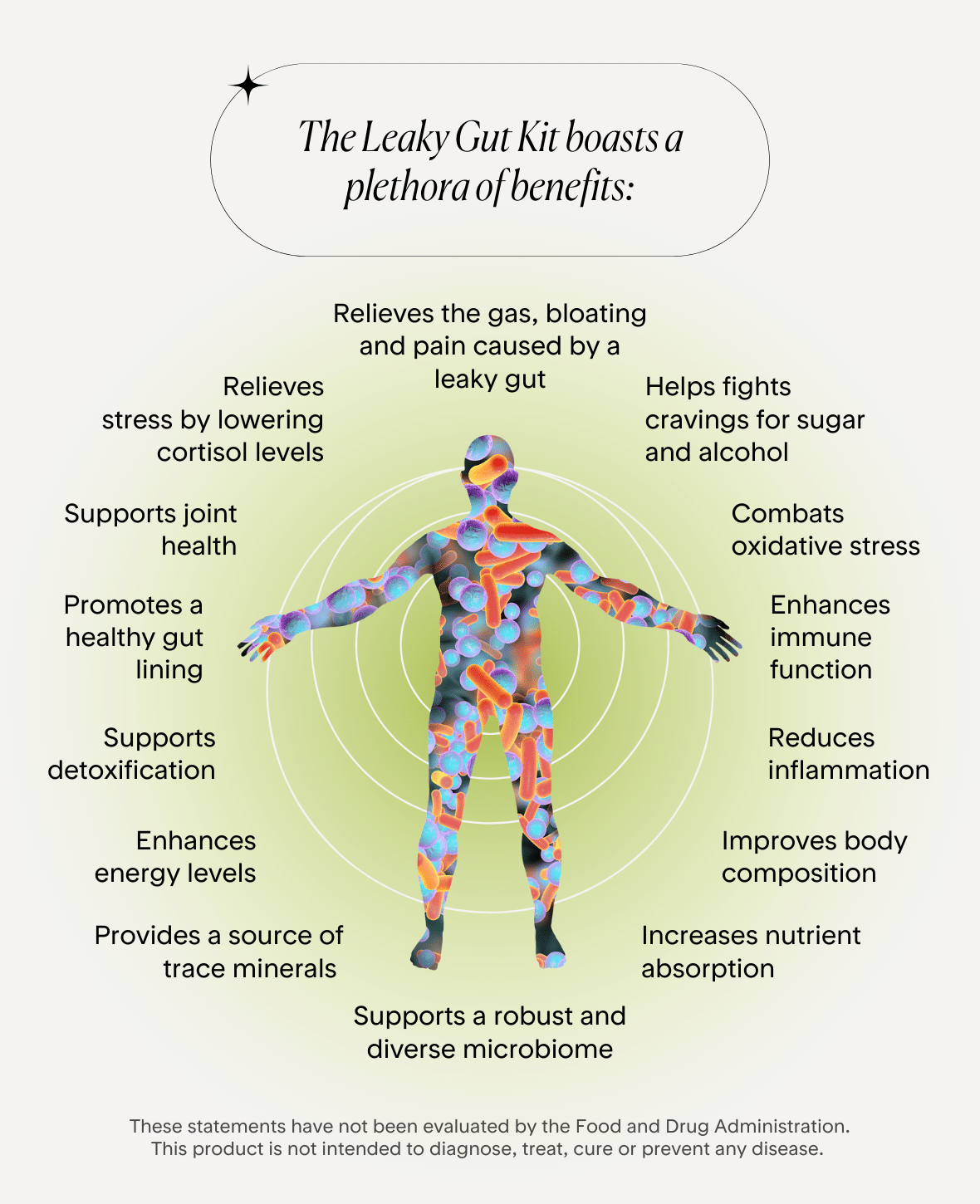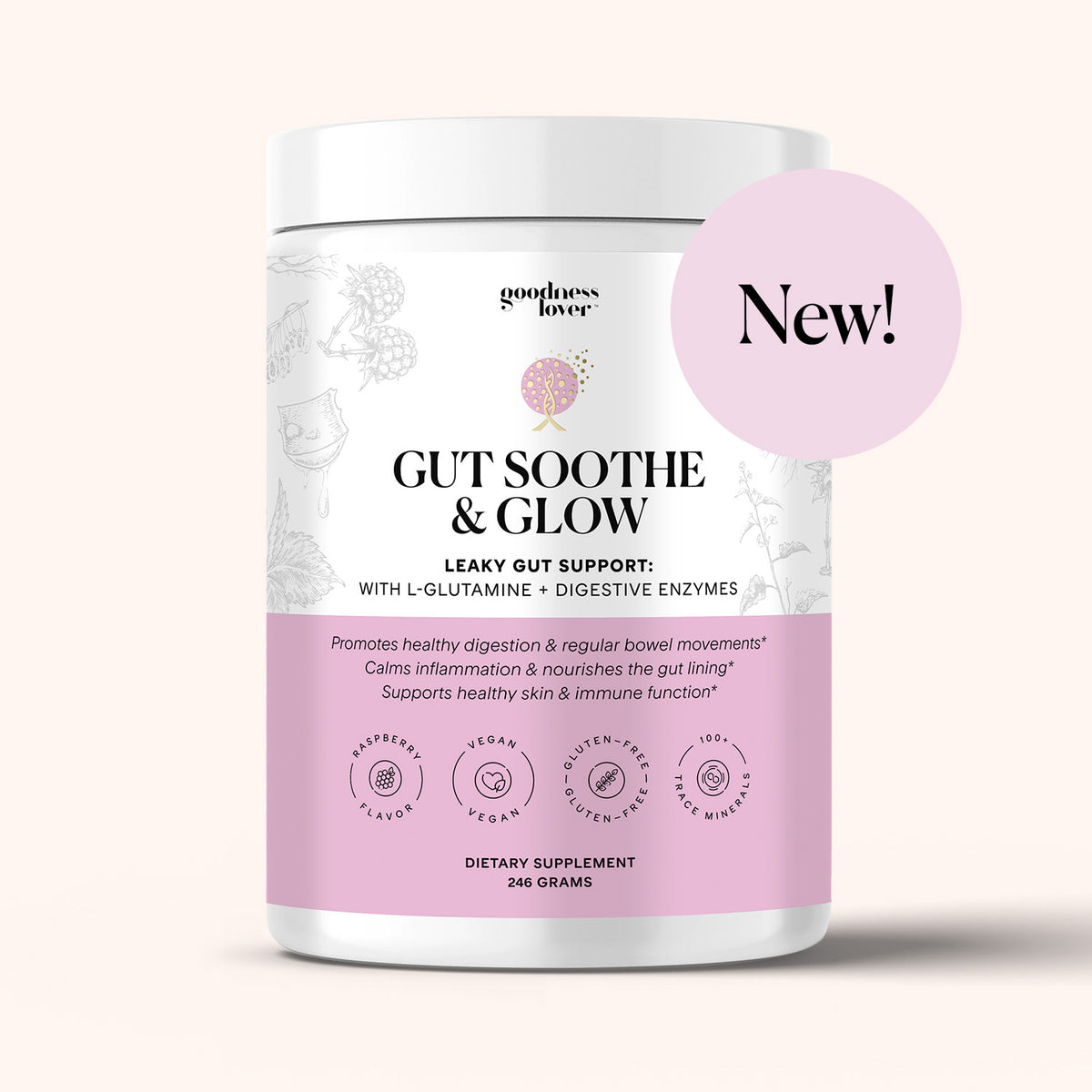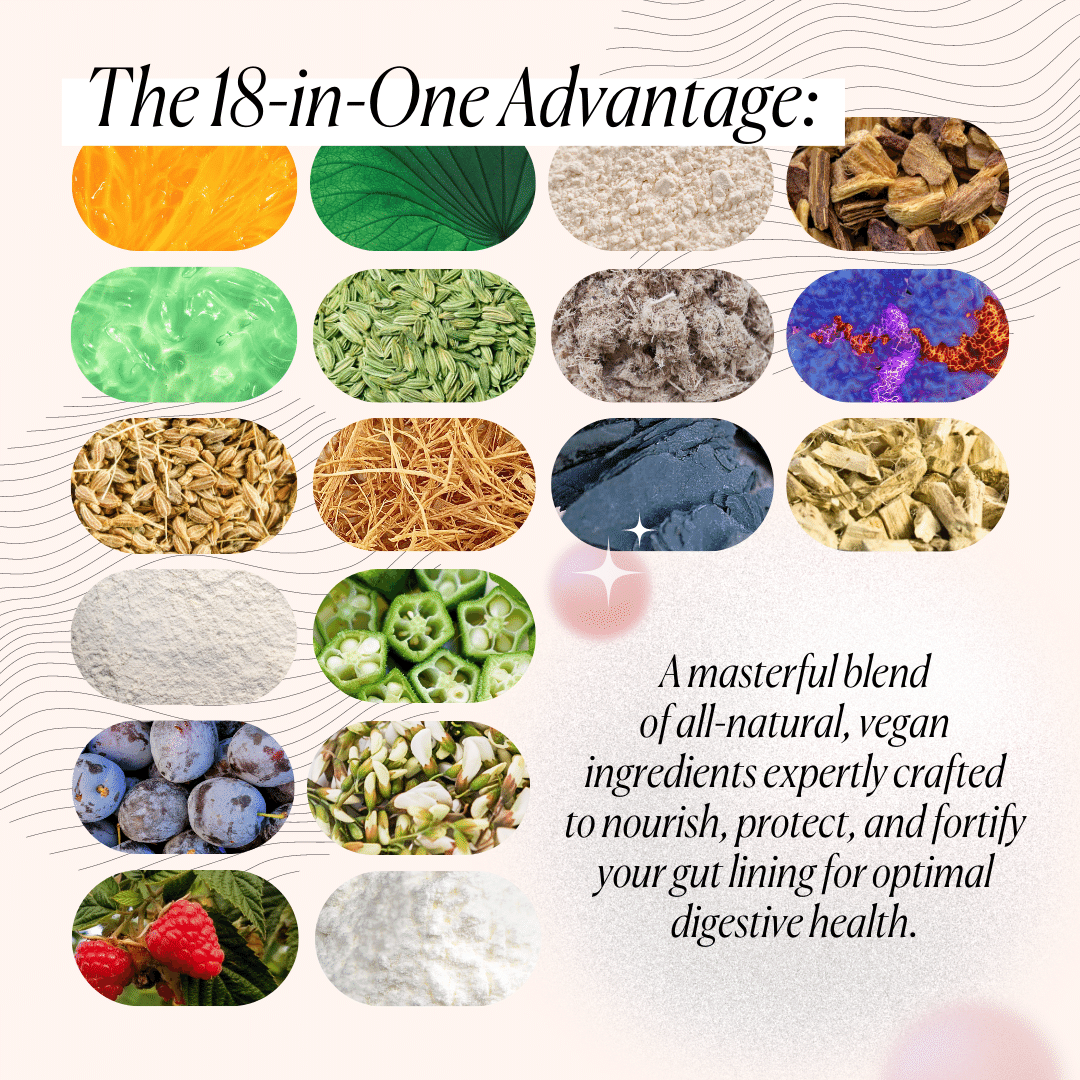Your brain is always on. It works around the clock, taking care of your thoughts, movements, breathing, and every process that regulates your body.
Even while you’re sleeping, its machinery continues operating. This means that your brain needs a constant supply of fuel. It needs to be well looked after and giving it the wrong fuel is like putting unleaded petrol in a diesel engine.
This fuel comes from the food you put in your mouth. What you consume on a daily basis affects the structure and function of your brain—and ultimately, your mood.
It turns out that nutrition and mental health are more closely connected than what medical doctors thought a hundred years ago. A rapidly growing number of studies suggest that your diet can affect your mood, ability to learn, and your capacity to remember what you’ve learned. And this is not just true in the early stages of brain development but throughout your entire life.
Worst Foods for Mental health
A healthy brain really starts with the foods you put in your mouth. Making sure you’re consuming the right foods and avoiding the wrong foods is essential for supporting your brain and mental health.
Foods that increase neuroinflammation by fuelling dysbiosis or dysregulating blood sugar need to be removed. Unfortunately, these are the types of foods that make up a substantial portion of the standard Western diet.
These include:
- Processed foods. Scientific research has shown that food additives and chemicals used in the processing of our foods can wreak havoc on our brain health. Some of these include pesticides, herbicides, BHT, BHA, artificial sweeteners, artificial colorings, antibiotics, and hormones.
- Refined sugar and simple carbs. These foods can spike your blood sugar, such as those added to desserts, baked foods, packaged snacks, and sugar-sweetened beverages, and may also affect cognitive function over time. Even though sugary foods can make us feel good in the moment, in the long run, they can increase the likelihood of developing depression.
- Animal protein. Animal protein can pose serious risks for our inflammatory markers and brain health. Red meat contains several compounds including saturated fat, arachidonic acid, and advanced glycation end products (AGEs) that promote both gut and brain inflammation.
- Alcohol. Alcohol is a known depressant as it slows the brain and impairs cognitive function. Alcohol dependence is associated with major depression.
- Fast foods like French fries and fried chicken. People who eat fast food are 51% more likely to develop depression than those who don’t, according to a 2012 study published in Public Health Nutrition.
Best Foods For Mental Health
Let’s now turn to what you can and should eat to boost your brain health and optimize your mental function.
Plants contain thousands of compounds that reduce inflammation and prevent mood disorders and cognitive decline.
For example, numerous studies have found that diets high in fruits and vegetables lead to a lower risk of developing depression. A 2020 study found that people eating a diet rich in fruits and vegetables—at least five servings per day—were more optimistic, more confident in their own abilities, and less prone to depression and other forms of psychological distress than those who ate less produce.
Increasing evidence shows that the greater your fruit and vegetable consumption, the lower your risk of depression and psychological stress.
Vegetables are particularly protective, largely due to certain compounds found in dark green leafy vegetables.
1. Green leafy vegetables
Green leafy vegetables are rich in vitamins, minerals, and phytonutrients that the brain relies on for optimal functioning. For example, broccoli is high in vitamin K, offering more than 100% of the recommended daily intake in a 1-cup serving.
Vitamin K is essential for forming sphingolipids, a type of fat which, along with cholesterol, compose the major portion of the brain, particularly in the form of myelin. Sphingolipids are essential for the development and maintenance of the functional integrity of the nervous system.
Beyond vitamin K, green leafy vegetables contain a number of compounds that are responsible for their anti-inflammatory and antioxidant effects, which protect the brain against damage. They include lutein, sulforaphane, folate, and beta carotene. They also provide iron in a form that is more absorbable when the body needs more and less absorbable when you already have enough, protecting you from iron overload which can harm the brain.
2. Fiber
Fermentable fiber is essential in providing fuel for the bacteria in the gut and the only way to naturally get fiber is from plant foods. The bacteria feed on this fiber and produce butyrate, a short-chain fatty acid that is the primary source of energy in our cells.
In the absence of sufficient butyrate, inflammation increases which can lead to leaky gut. This, in turn, compromises the blood-brain barrier and a greater number of endotoxins reach the brain, causing neuroinflammation.
Also, if the beneficial bacteria in our gut aren’t fed properly, their ability to create specific vitamins (like B12 and B9) decreases and impacts neurotransmitter synthesis, affecting cognitive ability and mental health. You can increase your fiber intake through foods such as onion, garlic, bananas, pears, berries, chickpeas, legumes, nuts, and seeds.
3. Brightly colored fruits and vegetables
Brightly colored fruits and vegetables are the best sources of antioxidants, such as bioflavonoids which slow down oxidation and help to combat free radical damage and oxidative stress. Antioxidants counteract free radicals by generously donating electrons to free radicals and neutralizing them. Essentially, they act as a natural “off switch” for the free radicals, thus, reducing their capacity to damage.
A study conducted by the National Institute of Aging set out to measure the levels of carotenoid phytonutrients in participants’ bloodstreams and compare them to the incidence of depressive symptoms. Testing nearly 2,000 people across the US, researchers found that a higher total blood carotenoid level was associated with a lower likelihood of depression. They also found a dose-dependent relationship—meaning the higher the levels, the better people felt.
To increase your intake of antioxidant-rich foods, try to eat a variety of colors, like green, red, blue/purple, white, orange, and yellow produce on a regular basis.
4. Nuts and seeds
Nuts and seeds contain several nutrients which may explain their beneficial effect on brain health. Nuts are rich in vitamin E, which has been shown to protect against free-radical damage and help delay cognitive decline. Especially good sources are almonds, walnuts, hazelnuts, pine nuts, pecans, pistachios, sunflower seeds, sesame seeds, and flaxseed.
Nuts and seeds are also full of B vitamins, omega-3 fatty acids, and minerals like selenium, zinc, copper, manganese, and magnesium that are good for boosting mood, energy production, calming anxiety, protecting your brain from oxidative damage, and enhancing cognitive function. A 2014 study found that women who ate nuts regularly over the course of several years had a sharper memory compared with those who did not eat nuts.
Try adding walnuts or ground flaxseed to your porridge, sprinkling pumpkin and sunflower seeds onto a salad, mixing chia seeds into smoothies, or replacing butter with cashew or almond nut butter.
5. Legumes
Legumes such as beans, chickpeas, lentils, and split peas are rich in folate (vitamin B9) and iron, which are important brain nutrients. Studies have shown that folic acid can improve verbal and memory performance and may delay the onset of dementia.
Beans also contain protein and fiber which can improve insulin sensitivity and, in turn, positively influence cognitive function. They also contain minerals such as manganese and magnesium which are important for healthy brain function.
6. Grains
Whole grains—such as oats, barley, and quinoa—have a low glycemic index which means they release glucose slowly into the bloodstream, providing stable fuel for your brain throughout the day.
Grains are important sources of many nutrients that are vital to your brain and overall health, including antioxidants, several B vitamins (thiamin, riboflavin, niacin, and folate), minerals (such as iron and magnesium), and dietary fiber.
7. Healthy proteins
Proteins are broken down into amino acids during the digestive process. Many amino acids, such as tryptophan, tyrosine, histidine, and arginine are important for the creation of neurotransmitters, like serotonin, dopamine, and acetylcholine.
Most people who consume an adequate amount of calories get plenty of protein. However, people who eat lots of processed foods that contain high amounts of simple carbohydrates and unhealthy fats can be lacking in protein.
If you’re not eating enough protein, you may experience brain fog, fatigue, depression, aggression, poor concentration, or memory loss.
Healthy sources of protein include tofu, tempeh, beans, nuts, and seeds.
8. Fermented foods
In order to build a strong army of good microbes, eat plenty of foods rich in probiotics such as sauerkraut, kimchi, live yogurt, and kombucha. Probiotic supplements can also be very beneficial.
Studies have shown that probiotics can reduce depressive symptoms and improve the stress response as effectively as Citalopram or Diazepam, two very common antidepressant and anti-anxiety medications.
In a 30-day study, healthy volunteers with no previous depressive symptoms were given either probiotics or antidepressants. Those given probiotics showed reduced cortisol levels and improved self-reported psychological effects to a similar degree as participants who received Diazepam.
These studies highlight the potential of probiotic foods and supplements in the treatment of mental disorders. Some even say that in the future, we might find that these “psychobiotics” could restructure the gut microbiota to achieve society-wide control on mental illnesses!
9. Green Tea
Green tea is rich in compounds such as caffeine, L-theanine, and epigallocatechin gallate (EGCG) that help to reduce anxiety, improve memory and focus, and enhance overall brain function.
In a review of 49 human intervention studies, caffeine was found to primarily improve performance on demanding long-duration cognitive tasks. L-theanine helped to produce feelings of relaxation and calmness. L-theanine enhances the production of the neurotransmitters dopamine and serotonin, and also plays a role in the formation of GABA, your calming neurotransmitter.
10. Dark chocolate
Finally, let’s end on some good news for the chocolate lovers out there!
Studies confirm that dark chocolate is a great food for the brain. The antioxidants in cocoa and dark chocolate have been linked to impressive health benefits, such as reduced inflammation and enhanced cognitive performance.
Eating high flavanol cocoa can improve blood flow to the brain, thus helping to improve attention, verbal learning, and memory. Cocoa also contains caffeine and theobromine which may improve brain function.
So What Does Nutritional Psychiatry Mean For You?
If you live in the western world today, you have nearly unlimited food choices. And these various foods can either promote good brain health and moods or harm your brain, thereby increasing your risk for mental health disorders and cognitive decline.
While you may not act on messages that bad food can bring about health problems in your distant future, knowing that certain foods can affect your happiness in the short-term may spur you to action.
So start paying attention to how eating different foods makes you feel—not just in the short-term, but the next day. Gradually swap out the foods that injure your brain for fiber-rich and nutrient-dense plant foods. Make food as your first step in treating your mental health, and of course, don’t hesitate in seeking professional help as well. Treat yourself to happiness by starting with what’s on your plate.
Recipe Spotlight: Tropical Chia Pudding
Food has the power to make or break your mood. And in the kind of world we’re living in today, we all need a little bit more happiness in our lives.
Our recipe for tropical chia pudding contains ingredients packed with zinc, magnesium, omega-3 fatty acids, plant-based proteins, and other mood-lifting nutrients. Prepare this overnight so you can have a filling and refreshing breakfast. And thanks to chia’s versatility, you can also top this with your favorite fruits or whichever ones are in season today. Enjoy!



















What Do You Think? Comment Below: